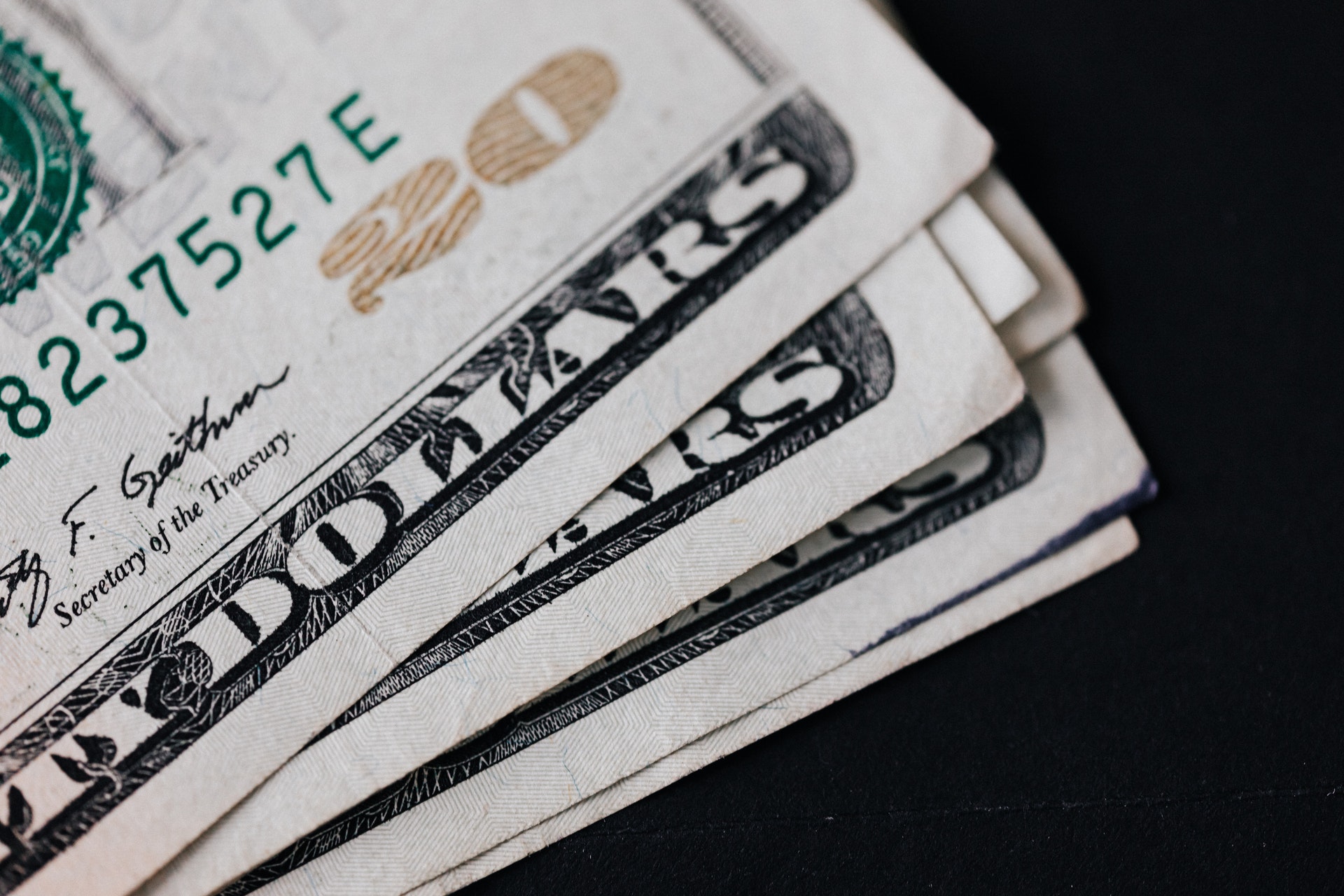“I’m passionate about real estate!”
I smiled at the young physician as she was telling me about her newfound goals in life. We met at a real estate conference, so her comment was apropos for the situation. We got to know each other and talked a bit about real estate. It was a very pleasant exchange for me and eventually we each went our own way to take in the rest of the seminar.
Though I kept this to myself, what I wanted to ask her was, “Are you really passionate about real estate?”
Passion is an interesting word. A distillation of various definitions reveals that it is most associated with intense love or hate in the romantic sense. In the real estate world, I guess “intense emotion, compelling action” would fit the bill.
But are you (or I) really passionate about real estate?
Would you invest in syndications, manage investors, clean toilets, evict tenants, buy insurance, and pay property tax if there was no benefit other than “being in real estate?” Not likely.
My point is that, in most cases, real estate and investing in general are tools to obtain what we are truly passionate about – like freedom, travel, family, health, security, and self-worth, to name a few.
I wonder if my new young doctor friend was passionate about real estate, or what it could potentially add to her life? What was she really after? What are you truly trying to accomplish?
Goals
This is that cliché time of year when many of us re-evaluate our past lives and plan for our future. We’re trying to assess what we wish to accomplish and what defines our “dream life.” We quantify our passions.
Said another way – we set goals.
Goals have a way of keeping us on track, even if we don’t achieve them. They’re the finish line that we’re always trying to cross.
How can you improve your chances of winning that race?
Personal development speaker Brian Tracy says that 80% of people who write down their goals achieve them, and only 3% of people write them down. A study from Dominican University reports that 3% of people set goals, but only 1% write them down. That same study reports a 42% chance of reaching their goals for the folks who have written goals.
Personally, I was always “too cool” to write down my goals. I figured I knew what I wanted and continued to work to make it happen. I had some success, but always wondered if I could do better.
One day, while riding my bike up a mountain, I was listening to a podcast, and I heard the guest say that successful people wrote down their goals. It was probably the hundredth time I had heard that statement, but for some reason I stopped pedaling and considered the advice.
If I had been moderately successful without writing down my goals, would I move faster, or farther, if I did?
I took on the challenge and learned how to write down my goals. I went to seminars, read books, and even paid a guy five figures to mentor me on how to set goals.
I’m still a work in progress, but now I have written goals. I try to review them regularly. (I fail frequently at that!) I have a plan to get to “most” of my goals. That plan is my habits.
Habits
If the goal is the finish line, our habits are what get us across that line.
Author John Maxwell put it simply by saying, “You’ll never change your life until you change something you do daily. The secret of your success is found in your daily routine.”
That daily routine might include reps in the gym, pages read, deals reviewed, time spent with family, time alone reflecting or meditating, healthy food, etc.
Habits also include avoiding things, such as living on social media, watching TV all day, neglecting family for business, speaking ill of others, neglecting due diligence, eating poorly, etc.
The thing I like about habits is that you don’t need to make huge, sweeping changes in your life. With all due respect to Tony Robbins, it does not require “massive action.” (Though the decision could be considered massive action.) You can start with the smallest of habits and build from there.
I was in the habit of doing 100+ pushups every day for years. Then, for various reasons, I slacked off for about eight months. Once I made the decision to get back on the “pushup train,” I found that my conditioning had deteriorated. I couldn’t do the same number at one time as I could when I was in shape. So, I simply started with a few reps at a time and eventually they totaled 100 by the end of the day. Eventually, I got back in shape, and it took less sets, but it also took time and persistence.
Did you know that an Oreo cookie contains only 50 calories? That’s not enough to tip the scales for anyone. However, if you eat just one Oreo after dinner every day for a year, that’s enough calories to add roughly 4.5 pound of extra weight.
Small changes – big results.
Author and success mentor, Darren Hardy says, “Small incremental improvements every day in something that matters to you is much more valuable than trying to make the big leap at one time.”
If you are not reading something to move your life forward, set a goal to read one page a day. Do one pushup. Tell your spouse and children you love them once a day. Listen to one podcast. Eat one less Oreo.
Whatever habit you would like to institute, start small. Once it becomes part of your life, it will build.
Once you have a new habit deeply ingrained in your life, it’s hard to lose it. Even better, you can use it to create other positive habits.
Author James Clear writes in his book, Atomic Habits, that you can “stack” new habits onto current ingrained habits.
If you sit down to read every day, take the first few minutes to try out some meditation or breathing techniques. You’re already sitting down. If you walk the dog daily, take your headphones along and listen to a podcast, or a book on Audible.
There are simple ways to add positive habits over time. One caution is to avoid adding too many habits at once. It’s easy to get overwhelmed and they all might fall by the wayside.
Finally, try to track your habits. That will let you know what is truly important to you, or what you need to work on. When I stopped the pushups, I stopped other habits too, and it showed clearly in black and white on my habit tracker. Honestly, I felt like a “loser” when I saw my results. That helped me get back on track.
Your habits will define who you are, and they will have a profound effect on your goals, either negative or positive.
Final Thought
Actor, martial arts expert, and philosopher, Bruce Lee once said, “A goal is simply a target that is never meant to be hit.”
My interpretation is that, as you get close to achieving your goals, you likely tend to set bigger ones. By the time you reach your initial goals, you have grown into someone who can achieve more than you ever thought you could. That’s not such a bad thing, and likely how great things are achieved.
So, back to the intelligent young doctor I met at the conference. I’m excited about her zeal for real estate. It has the potential to help her to reach her true goals. That IS something to be passionate about!
What are you passionate about? It’s not likely real estate or habits, but likely what they can do to facilitate your true dreams.
I believe we all have greatness in us. I believe the goals you set and the habits you create will manifest your greatness.









2 thoughts on “Does Your Passion Fuel Your Success?”
Excellent article, Tom. Thank you for sharing this great content. Habits are powerful! There is a quote attributed to Aristotle that states, “We are what we repeatedly do. Excellence, then, is not an act but a habit.”
Thanks Charley. We are our habits!